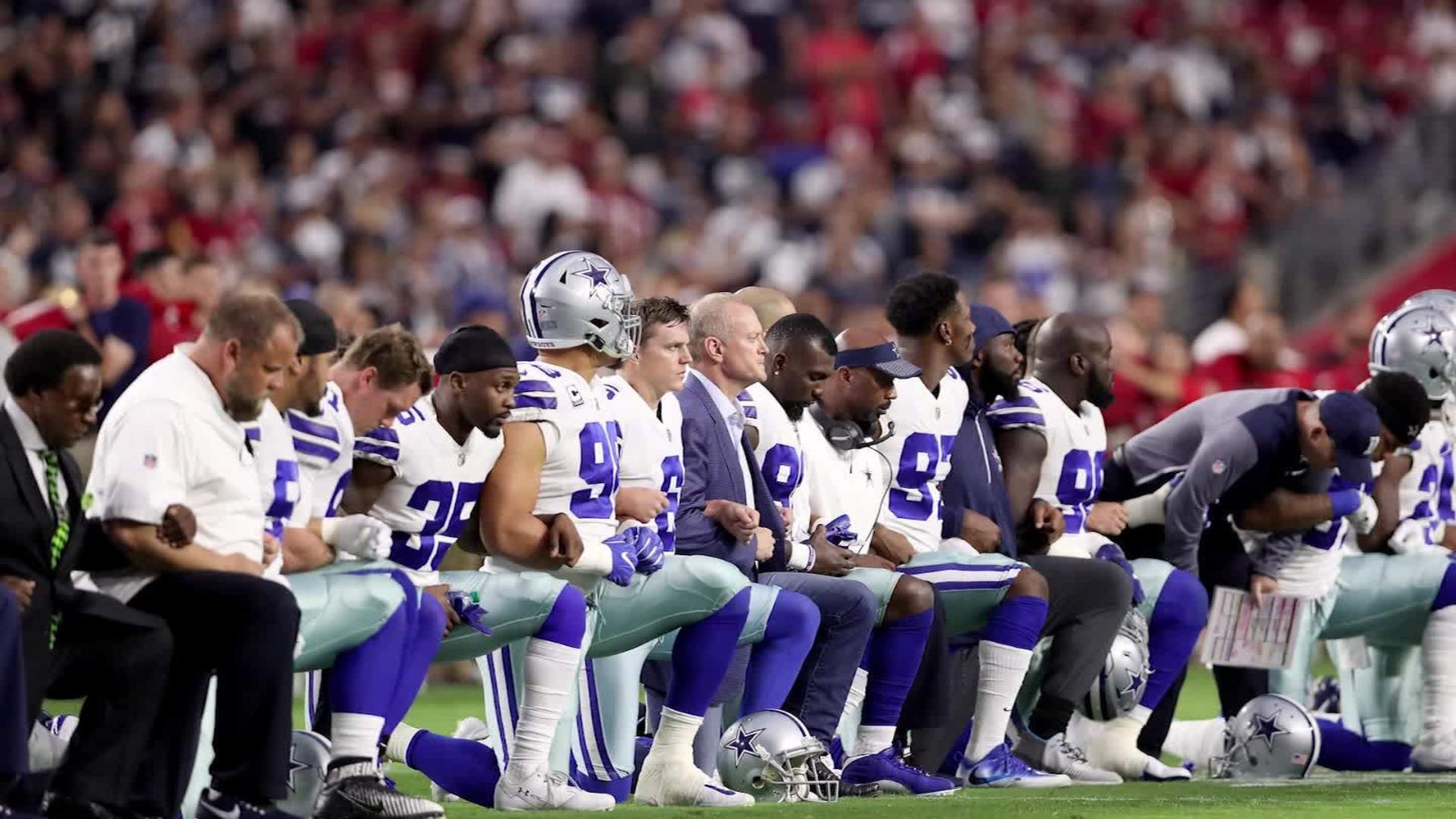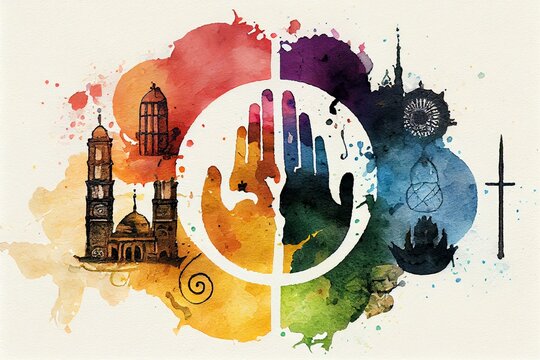India Renews Ban on Muslim Student Organization
By Nilofar Suhrawardy, MMNS
NEW DELHI- The Indian government’s decision to continue the ban on Students Islamic Movement of India (SIMI) for its alleged links with certain Pakistan-based terrorist organizations has evoked a mixed reaction along two lines.
One is whether the organization really deserves being banned and why has the government not used the approach towards other extremist organizations.
During a meeting of Cabinet Committee on Security (February 7), chaired by Prime Minister Manmohan Singh, it was decided to continue the ban on SIMI, imposed for the first time in September 2001. “The ban, which is in force till today, will be reimposed tomorrow (February 8) for two years,†a home ministry official said.
This decision was taken as the group continued to indulge in unlawful activities, the official said. The ban continues under the Unlawful Activities (Prevention) Act 1967.
SIMI is held responsible for continuously carrying out bombing operations in various parts of the nation, including the July 11, 2006 Mumbai train bombings, in which more 200 people were killed and over 700 injured.
SIMI cadres are also charged for having joined Pakistan-based Lashkar-e-Toiba (LeT) and providing logistical support in setting up “sleeper cells†here.
Founded in 1977, SIMI was first banned on September 27, 2001 following the terrorist attack on the World Trade Center in New York. With its members arrested under Terrorist and Disruptive Prevention Act (TADA), Maharastra Control of Organized Crime Act (MCOCA) and the Unlawful Activities Provision Act 1967, SIMI remained banned till September 27, 2003.
The second ban lasted till September 27, 2005 and the notification for the third time was issued on February 8, 2006, which stated that “there is no violent incident involving SIMI since 2004.â€
Though SIMI earlier challenged the ban in several courts, the Supreme Court described the group on February 15, 2007 as a secessionist movement.
Till date, none of the SIMI members have been convicted of any terrorism related crime. Not surprisingly, All India Muslim Majlis-e-Mushawarat (AIMMM) has questioned the government’s decision to continue the ban on SIMI.
Expressing that the decision was “unfortunate,†the AIMMM said in a statement (February 8): “This step is particularly regrettable when members or former members of SIMI, including its chief at the time of the first ban, are being acquitted or released on bail across the country due to lack of evidence as, apart from wild allegations and dubious claims of unknown security officers, there is no hard evidence that SIMI was in the past or is at present involved in any specific and verifiable terrorist activity.â€
“The propaganda against SIMI continues in Sangh-friendly media on the basis of unverifiable information leaked by unknown ‘security’ sources,†the AIMMM said.
The AIMMM draws attention to “Hindutva outfits despite all their criminal and terrorists†remaining “untouched and free to inflict physical and psychological wounds on this nation,†of which it cites “events in Gujarat, Orissa and now Maharashtra,†as “clear examples of this double-standard approach.†While condemning terrorism, the AIMMM observes that “that under the guise of fighting terrorism, Muslim youth are harassed in many parts of the country.
Reports from various areas suggest that Muslim youths are arbitrarily picked; days and weeks later they are shown to be arrested from somewhere else with arms and bombs while records show that they were arrested from their houses or localities and that FIRs were promptly lodged with the local police and news published in the local media.â€
“Unless the government comes up with substantial proof of SIMI’s involvement in terrorism and takes the Muslim community leadership in confidence, we will continue to see the ban as unjust and arbitrary and an extension of the Hindutva policy to marginalize the Muslims of India,†the AIMMM states.
In this context, it may be pointed out that despite the Shiv Sena and Maharashtra Navnirman Sena (MNS) having lately indulged in violent activities and communal rhetoric in Maharashtra in the name of their regional concern, till the time of filing this piece, no legal action was taken against them.
Nevertheless, it would be erroneous to assume that the entire country is oblivious to this hard reality. A textbook on Indian Polity, meant for university students in Cuttack and Bhubaneswar (Orissa) states: “Communal outfits such as Bajrang Dal, Shiv Sena, BJP, RSS, Hurriyat Organization and Lashkar-e-Toiba are creating communal tension in the country,†(page 125).
Members of the saffron brigade took to streets in Orissa, demanding a ban on the book (January 31). Activists of this group also filed FIR in a local police station and burnt copies of the book. They also met the state’s chief minister Naveen Patnaik and higher education minister Samir Dey demanding a ban on the book.
The saffron brigade activists were assured that the matter would be looked and if need be, necessary action would be taken against those at fault.
Besides, in the recent years, India has witnessed an increase in terrorist incidents, for which Hindutva extremist organizations have also been held responsible. One is forced to deliberate on why have these not labeled as terrorists.
It would be pertinent here to refer to what was quoted in the Supreme Court judgment in the Best Bakery Case. “The conspiracy of silence over the phenomenon of what is known in popular parlance as ‘Hindutva terrorism’ needs to be questioned and confronted…
The fanatics who spread violence in the name of religion are worse than terrorist and more dangerous than an alien enemy.â€
(10-8)












2008
960 views
views
0
comments